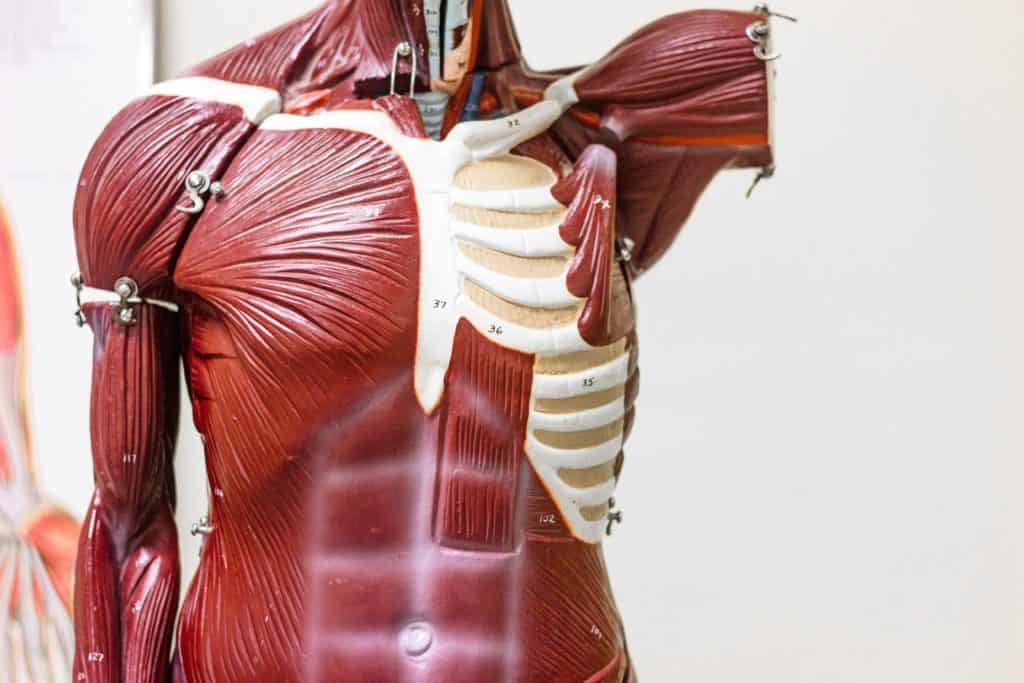Last Updated on October 29, 2025

Table of Contents
The body reacts to stress in a variety of different ways. Some people might experience temporary anxiety, while others might develop phobias or panic attacks. Alcohol and other drugs can trigger physical reactions as well. When someone regularly ingests the same substance, their body develops a tolerance for it. This means that they need more of the substance to feel the effects that they originally experienced. This can lead them to continue consuming the substance even though they know that it is bad for them.
When someone is addicted to a substance, it can wreak havoc on their life. They might find it difficult to function normally and could even experience physical withdrawal symptoms without the substance, should they try to stop using it. If you or someone you know is struggling with an addiction, you are not alone. Addiction affects over 20 million Americans as of 2017. This staggering number shows just how common addiction has become in our society. Let’s explore further and see why some people are more susceptible than others to the effects of addiction, as well as what happens during different stages of a substance abuse cycle and how to break free from that cycle once and for all.
What is Addiction?
Addiction is a disease characterized by compulsive behavior that causes harm to the individual. Pleasure receptors in the brain are responsible for encouraging addiction. With addiction, this system is over-stimulated, causing a person to feel an intense compulsion to repeat behaviors that will lead to the release of dopamine, a naturally occurring hormone that contributes to feelings of pleasure and well-being. When someone is addicted to a substance, the brain’s reward system has become overly stimulated and is operating at an abnormal level. This is the root cause of why people become addicted to substances. Let’s look out how the brain and body react to addiction.
How the Brain Becomes Addicted
The brain has receptors that receive signals from substances and cause changes in the brain that make you want to repeat those behaviors. This is how the brain learns. When you are addicted to a substance, you start to prefer the feeling produced by the substance over other things that may have produced that feeling in the past. The brain can become used to the feeling it receives from the substance. This is when addiction starts to form, as the brain associates the substance with feelings of pleasure that it no longer receives from other things.
How the Body Reacts to Addiction
Extended substance use takes a serious toll on the body both physically and psychologically, affecting how the body reacts to addiction. Many individuals with Substance Use Disorder (SUD) often have co-occurring physical complications that develop in tandem with substance use. Addiction can exacerbate health problems that are already present or create new ones. Some common complications that arise from substance use include:
- Lung/Cardiovascular disease
- Liver failure
- Kidney damage
- Chronic pain
- Organ system injury
- Hepatitis C
- Asthma
- Diabetes
- Cancer
The Process of Recovery From Addiction
The first stage of recovery is admitting you have a problem. This may seem obvious, but it is important to realize that you are not alone. There are millions of people all over the world who struggle with addictions and it is okay to admit that you may have a problem. After you have come to terms with your addiction, the next stage of recovery is gaining sobriety. This means that you stop using substances and make a pledge to stay sober.
This process can be done individually but is most successful in a detox environment. Next, you must engage in a process of self-discovery. This is where you learn as much about yourself and your addiction as possible. In order for you to be able to overcome your addiction, you need to know what triggers it and what keeps it going. Often times this process is guided by a recovery program or cognitive behavioral therapy.
Recovery With Nova
At Nova Recovery Center, Houston we provide our patients with a very comfortable detox process, where medical professionals provide monitoring and care around the clock. You will be provided with all the medications you need to combat the withdrawal symptoms. You will then be enrolled in the in-patient recovery program where you’ll learn to stay away from drugs, through counseling, group therapy, and so on.
Nova Recovery Center commits to helping you overcome your addiction so you can get back to what is most important to you. If you or someone you know are struggling with addiction, Nova Recovery Center can provide support. We have locations in Austin, Houston, and Wimberley Texas. Call today to begin your journey in recovery at (888) 428-1501.

